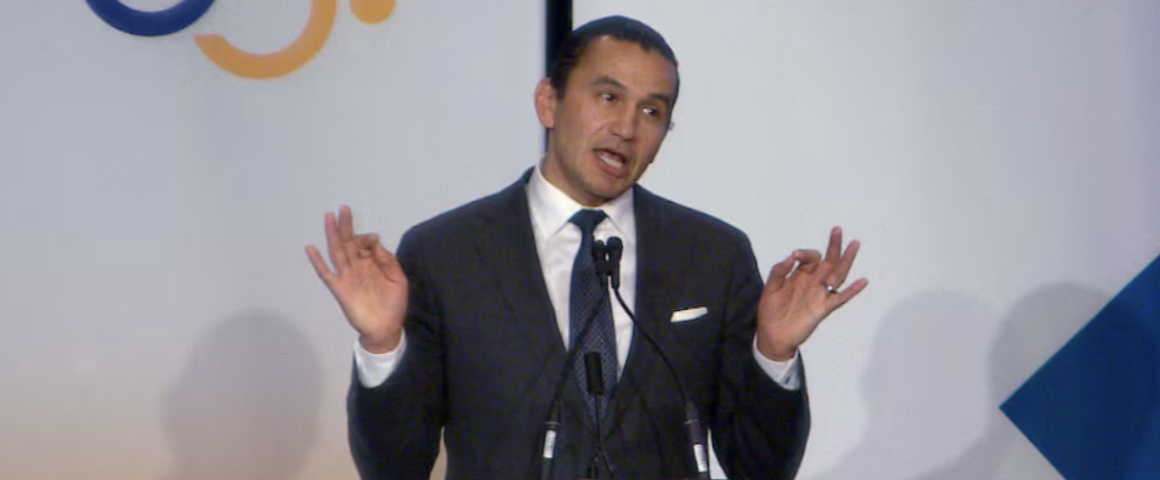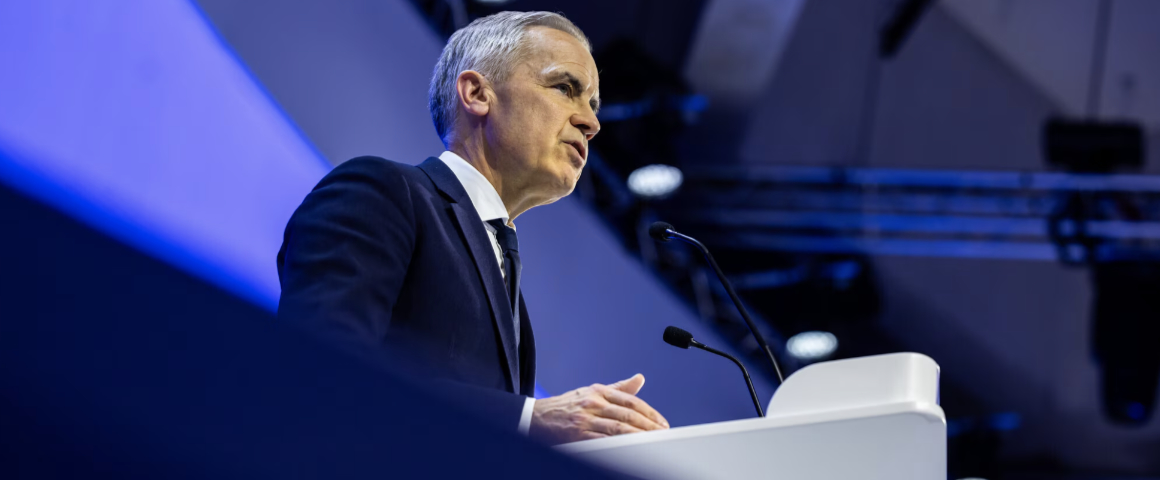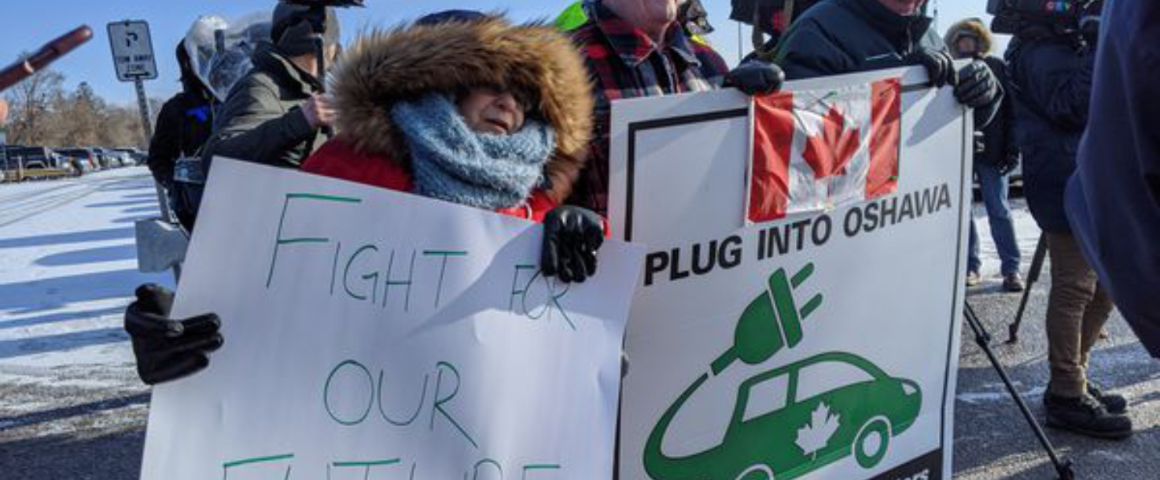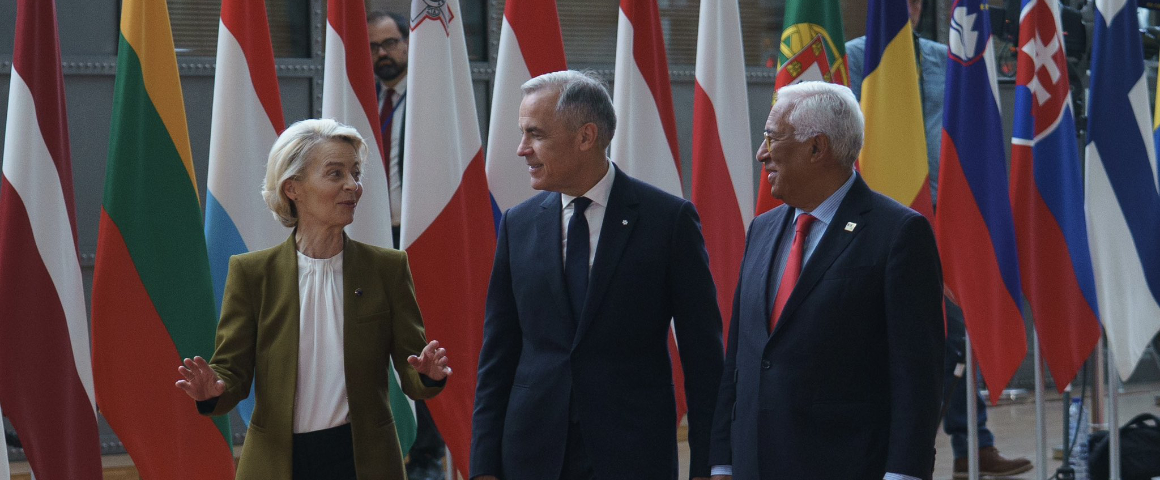By Cam Scott
By all accounts, Manitoba Premier Wab Kinew has his work cut out for him in 2025. With his first full year leading a provincial government behind him, Kinew and cabinet have proved their ability to get things done, even as they pursue a politically ambivalent policy path. According to a poll by Angus Reid, Kinew remains the most popular of all Canadian premiers, with an approval rating of 67percent – the only provincial leader to poll higher than 50 percent.
But in a recent interview with the Globe and Mail, Kinew anticipates a series of policies that may impact this polling, in spite of his typical pandering. These range from the return of the provincial gas tax to a sorely needed, and as bitterly contested, safe consumption site downtown.
These measures are sure to provoke his Conservative opposition, whom he as soon resembles in many respects. From the start of their successful 2023 campaign, the banner promise of the Manitoba NDP has been to balance the budget within a single term – an ill-advised goal that ensures austerity to rival years of Tory attacks. Ominous developments along these lines include the creation of private contracts for small clinics, a further step towards two-tier healthcare; the reversal of previous opposition to private partnerships in the province’s energy sector; and a disastrous housing policy that promises to “unlock the power of business,” effectively subsidizing corporate landlords.
Worse yet, this housing policy was touted as landmark, progressive legislation when announced last fall, though it remains that the provincial NDP has no plan to build publicly owned, affordable homes. Presently, as much as seventy percent of Manitoba’s public housing was constructed in the 1970s. Rather than reverse this negligence, the NDP has granted $10 million to the Business Council of Manitoba’s Collaborative Housing Alliance Real Estate Investment Trust – a deceivingly named “social REIT,” financing privately owned housing to be managed by non-profits. The NDP has pledged to put an end to chronic homelessness within eight years, safely presuming a second term in office. But in a season of emergency, this plan greets a life-and-death crisis as so many opportunities for private investment.
Though Manitoba’s NDP frequently waffle to the right, their recent record includes several indisputably progressive developments too. These include relatively swift action on searching the Prairie Green landfill for MMIWG2S, and the fulfillment of some longstanding pledges to labour including stronger card-check and anti-scab legislation than Manitoba has seen in many years.
But this accord is hardly straightforward, where Kinew’s thrifty agenda can’t help but place his government at continual odds with Manitoba’s public unions who nonetheless remain steadfastly committed to their party endorsement. Even as Kinew boasts of renewed investment in an injured healthcare system, emphasizing new hires and new budget lines for capital expenses, this fall saw waves of discontented healthcare workers poised to strike as bargaining stalled on government intransigence.
On many key issues including labour struggles, Kinew and his cabinet tend considerably right of the mainstream of their own party – going so far as to voice support for the Liberal government’s plausibly unconstitutional back to work order during last summer’s railway workers’ strike. And where Kinew’s political ambitions evidently exceed his office and party affiliation, Manitobans ought to brace for the year ahead.
With an emboldened Trump administration taking office on January 20 and the Liberal Party of Canada in serious disorder, many people in Canada are justly concerned about the likelihood of an incoming Conservative government, rejuvenated after the fashion of the contemporary far-right. This possibility is real and frightening but as notably, the MAGA movement south of the border has already begun to exert a rightward pull upon the entirety of the Canadian political spectrum by way of highly changeable premiers like Wab Kinew, who could even be said to lead this trend.
As early as last summer, Kinew could be seen lobbying the federal government for drastic increases to military spending in order to placate an incoming Trump administration. “The next administration in the US is likely going to not look favourably on that really important economic relationship if we’re not looking after our obligations to NATO,” Kinew told the press. Earlier still, in April 2024, Kinew and his political mentor, former premier and US ambassador Gary Doer, were courting US business interests on trade missions to Washington and New York, with the express intent of securing US markets for the province’s catalogue of critical minerals. From aerospace to agriculture, Kinew has made it clear that Manitoba remains open to business. But the realization of these mineral riches is a flagship project of his government.
In a strategy brochure published in November 2024, provincial Minister of Economic Development, Investment and Trade Jamie Moses explicitly couches the necessity of critical mineral sales in terms of global security, touting Manitoba as “a trusted partner for Canada’s NATO allies including our largest trading partner, the United States.” This outreach postulates an economic NATO or free-trade zone corresponding to the scope of the US-dominated alliance, which is already de facto the case. It also posits Manitoba as a thoroughly incentivized store to this bloc, offering a range of tax credits and holidays for mining companies and their investors.
“Manitoba also has 45 out of 50 minerals on the 2022 List of Critical Minerals identified by the United States Geological Survey for their role in national security or economic development,” the strategy boasts. This emphasis on military applications is notable, where recent briefings from think tanks like the Carnegie Endowment underscore the risk of critical mineral shortages to NATO militaries as the US severs trade with China, recommending “friendshoring” with politically compliant reserves such as Canada instead.
For all the document’s assurances of robust Indigenous consultation and environmental regulation, it ought to be said that permitting a belligerent US administration and its defensive priorities to determine the course of resource development in Manitoba is hardly a recipe for reconciliation or sustainability. In fact, it is a major slight to the political and economic independence upon which these priorities depend. Even so, faced with Trump’s threatened tariffs, Kinew’s government vows to extend drastic financial incentives to US capitals in order to continue and to deepen an extractive trade relationship.
Since the election of Donald Trump, Kinew has made louder overtures to his incoming administration, pledging to open a permanent Manitoba office in Washington as part of its trade strategy and to appoint a “Trumpy” emissary. The establishment of such an office only fulfills a long-time ambition of Manitoba’s Conservatives, who could hardly have negotiated this transition differently.
Likewise, amid Trump’s threats against Canada and Mexico on border issues – part and parcel of a larger strategy that blames the continental opioid epidemic on illegal immigration – Kinew quickly capitulated, pledging to “secure the border” on orders of the US far right. Kinew’s plan to invest in RCMP officers, in addition to the use of drone technology and helicopters, took many stakeholders by surprise, including the Manitoba Government and General Employees’ Union that represents called-upon truck inspectors. In any case, Kinew seems all too eager to placate a paranoid directive of the US right, redeploying resources to buttress the MAGA agenda at public expense.
This is in keeping with the NDP’s already strong commitment to a “tough on crime” agenda that tacks right, including a $28.6 million increase to provincial police in 2024 and 2025, and an additional $13.7 million in Urban Policing Grants. This greatly exceeds Tory largesse, and as Kinew has previously said, every such outlay will oblige his government to find “savings” elsewhere.
Time will tell – and labour will determine – the direction of Kinew’s often conflicted policies. But with a bellicose administration to the south and a vacuum of progressive leadership at the federal level, Manitobans would do well to escalate the pressure on the provincial NDP as well. Like Trudeau, Wab Kinew cares deeply who is watching, and the politics of salesmanship requires that we buy what he’s selling.
Support working-class media!
If you found this article useful, please consider donating to People’s Voice or purchasing a subscription so that you get every issue of Canada’s leading socialist publication delivered to your door or inbox!




